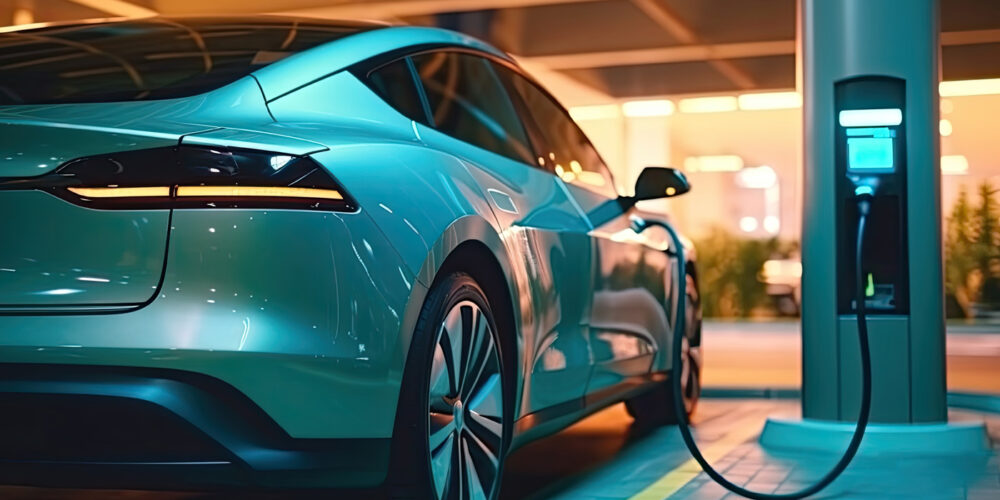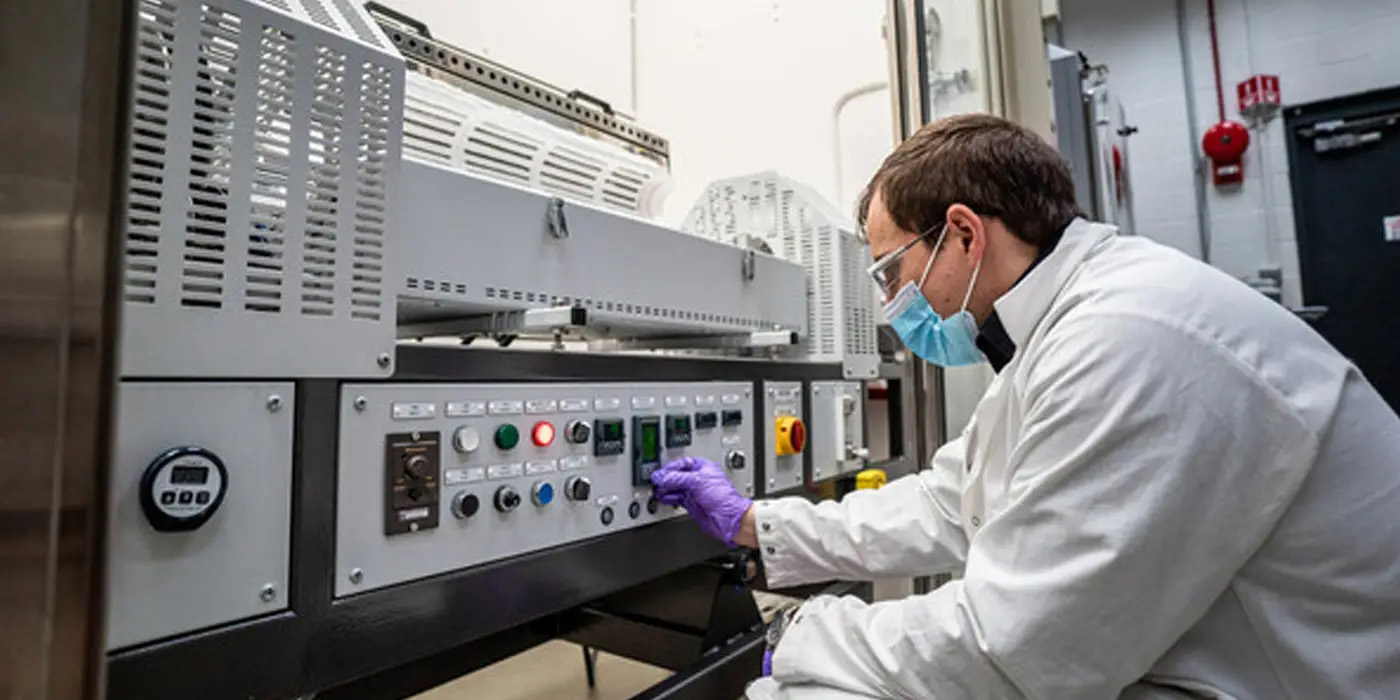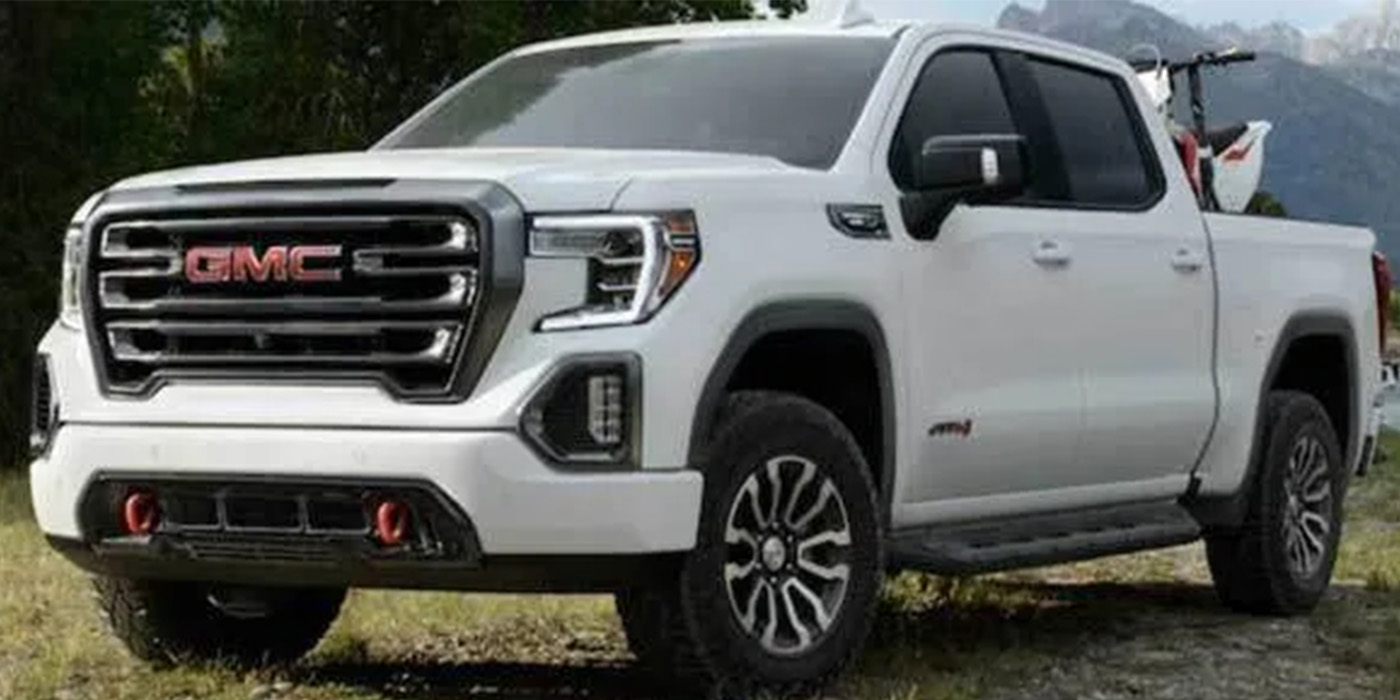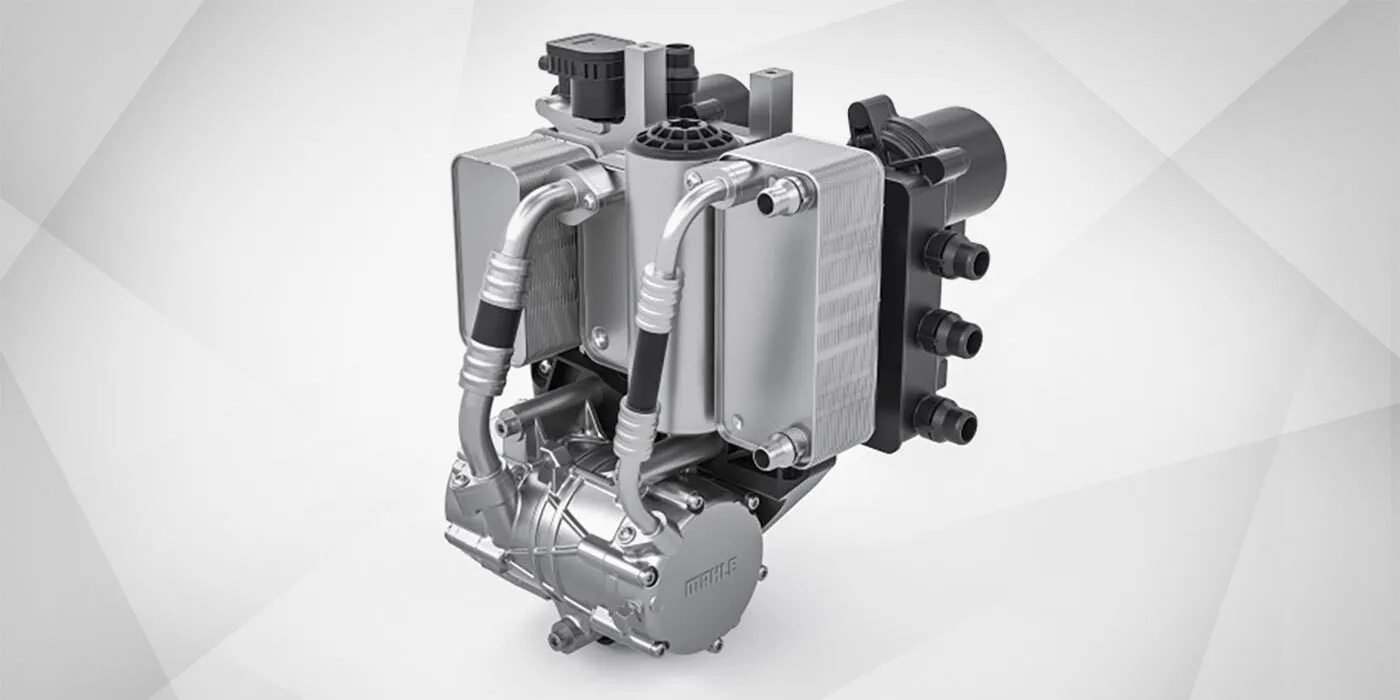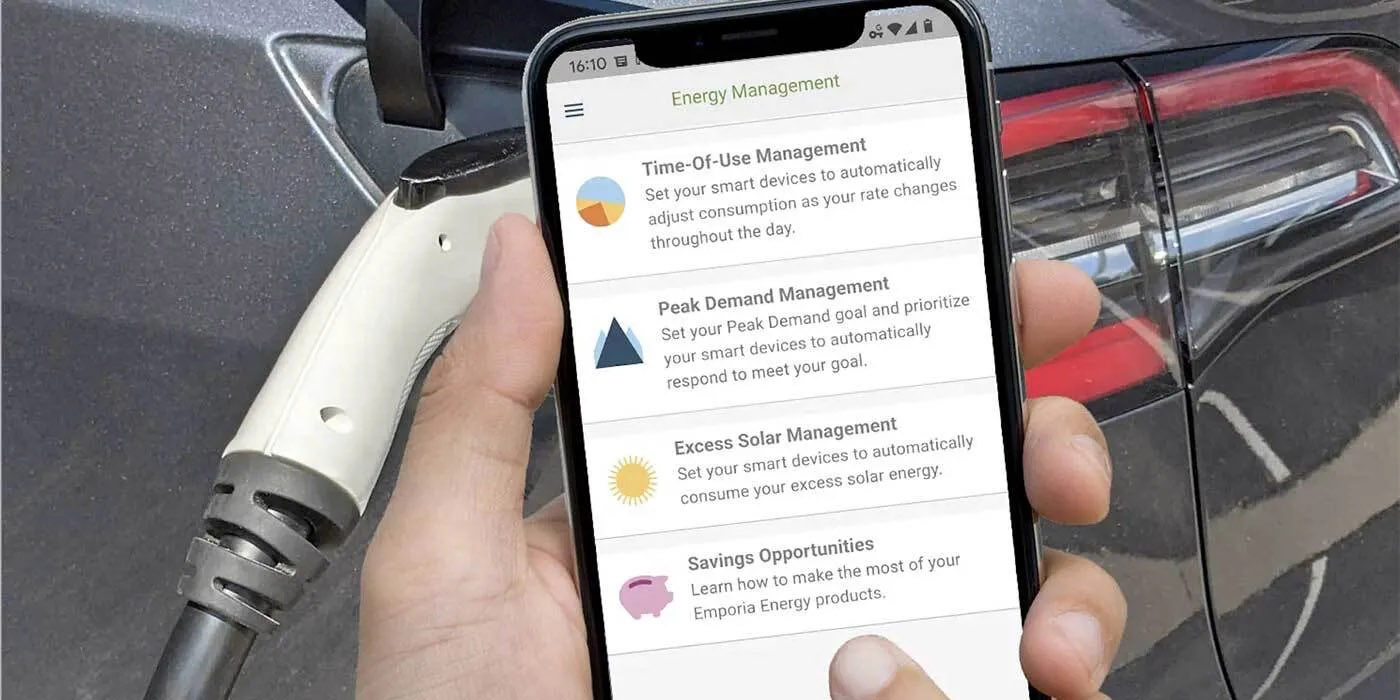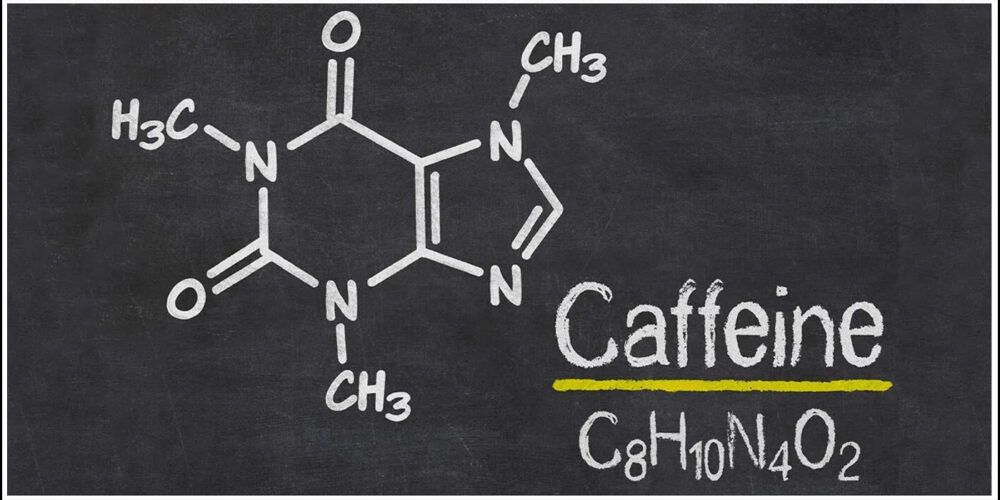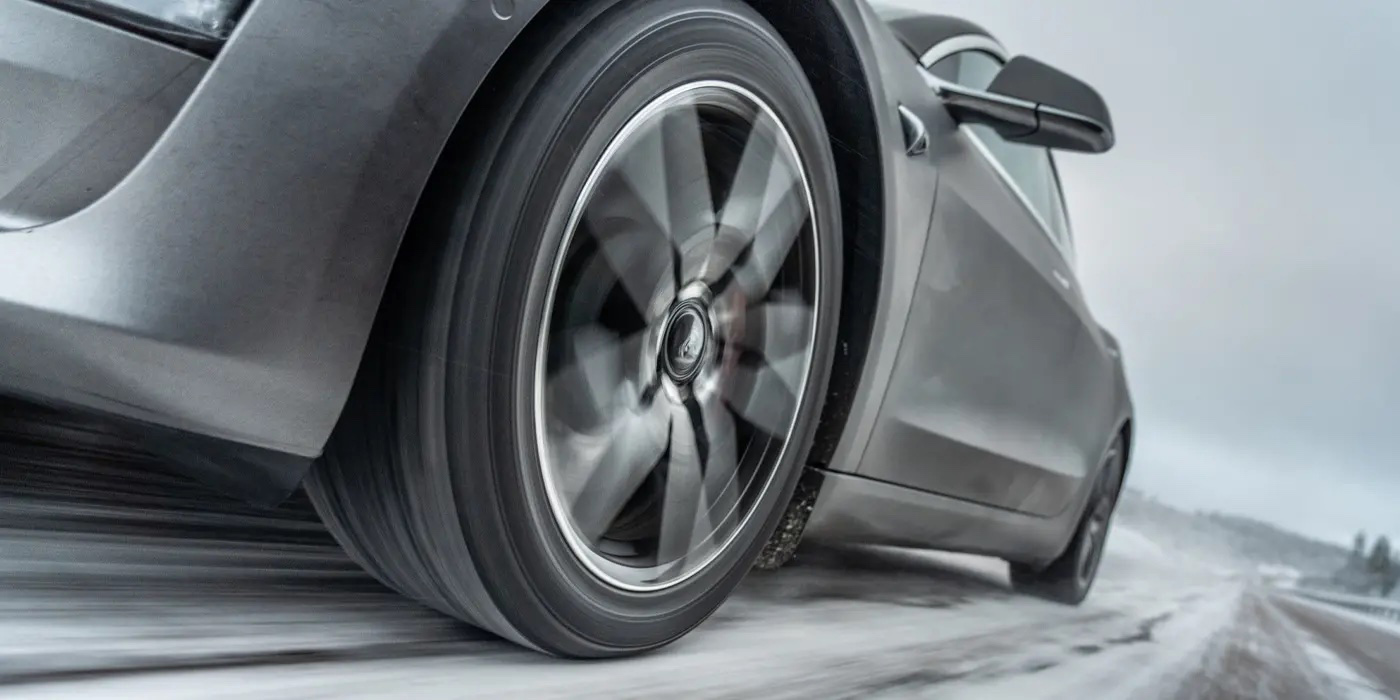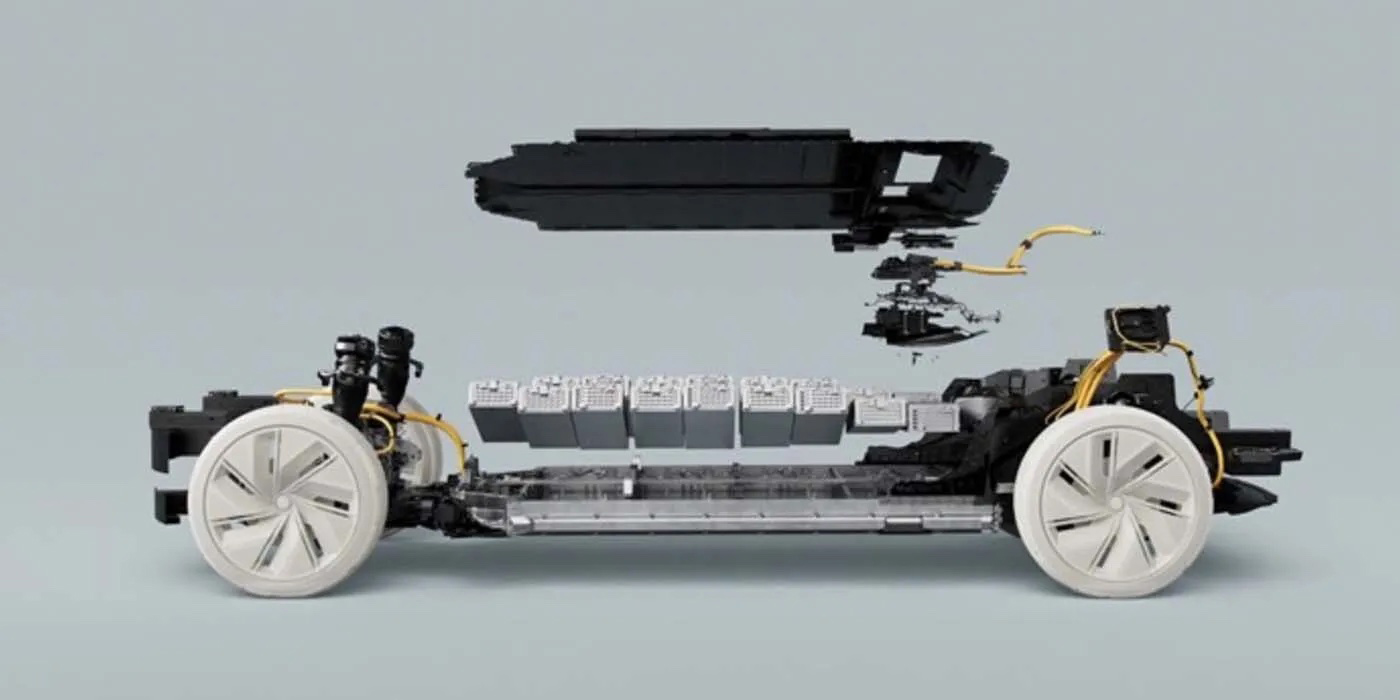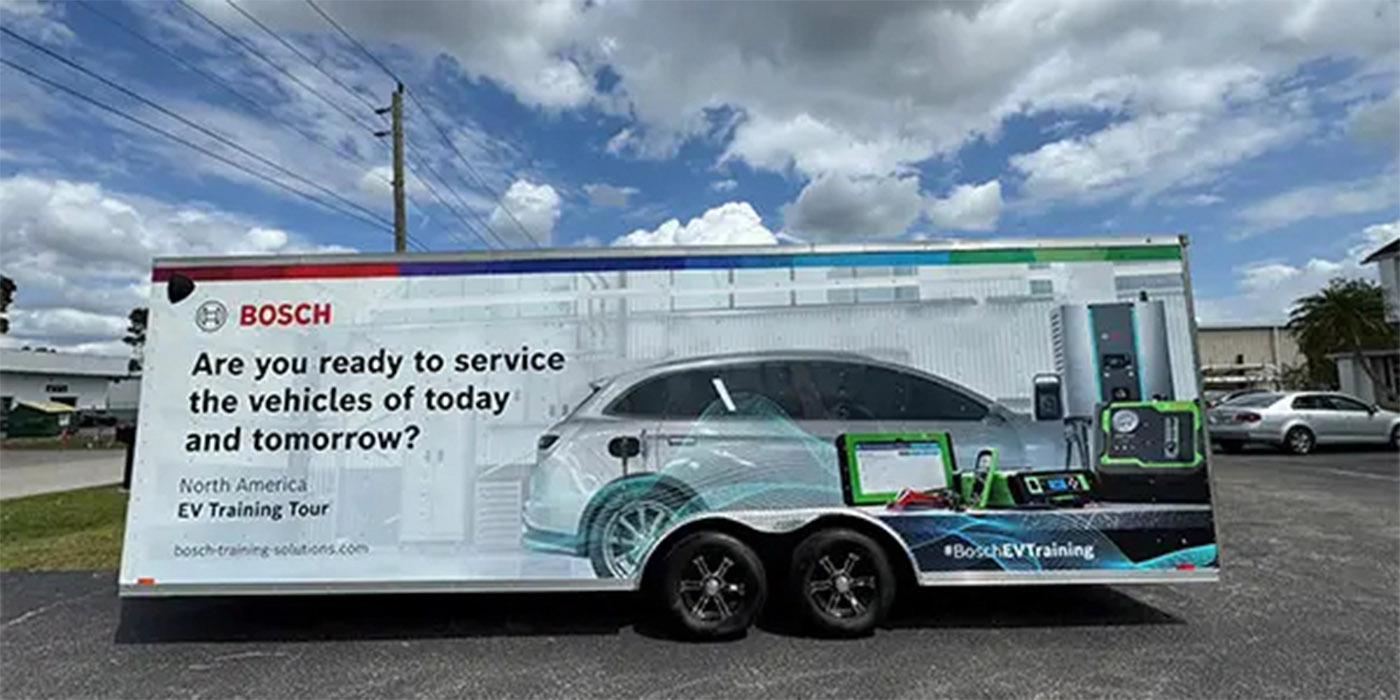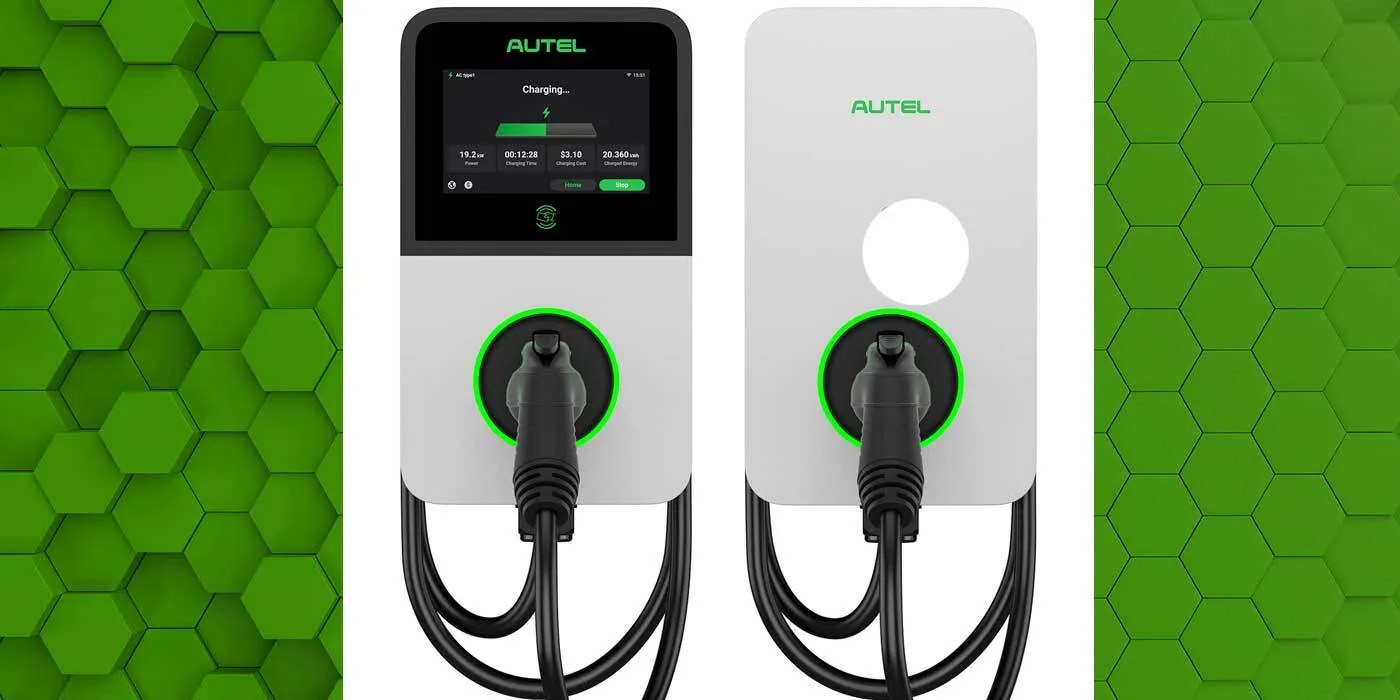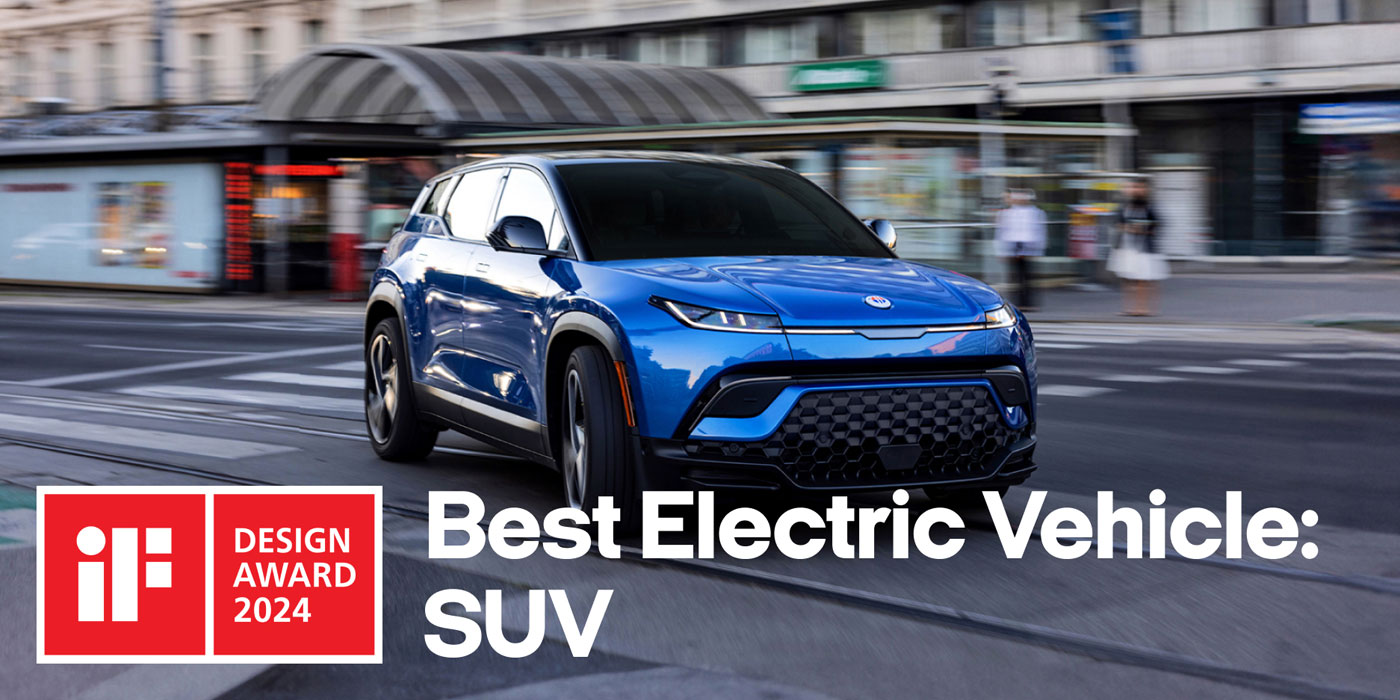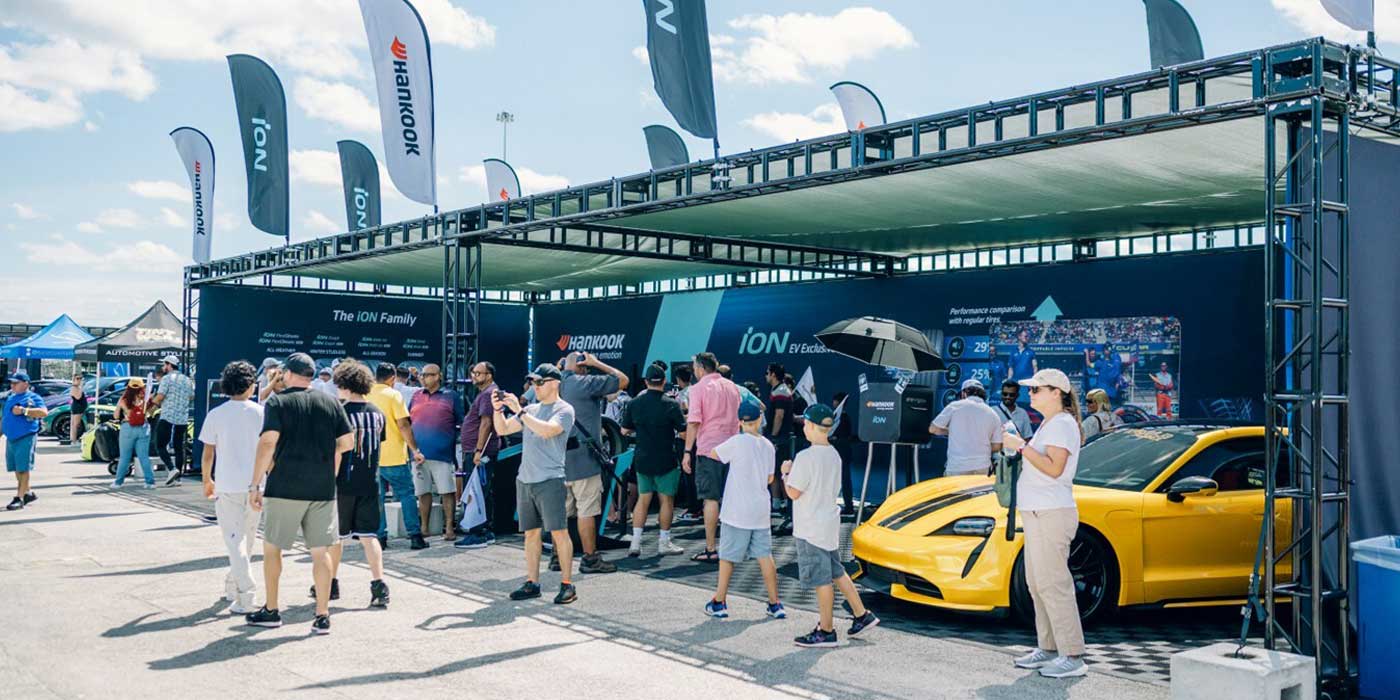Earthling Automotive, an EV service/repair shop and training center in San Francisco, has expanded its EV knowledge program in response to the urgent need to train automotive technicians in the aftermarket.
Demand for electric vehicles is booming, comprising one in four cars sold last quarter in California, with expectations to grow to 7.5 million EVs by 2030. With the growth of hybrid and all-electric vehicles, aftermarket repair shops need to be prepared to service EVs safely and at competitive prices, as consumers look for service alternatives to the dealerships.
“Today’s electric vehicles are much more than ‘nuts and bolts,’” said Jack Rosebro, Earthling Automotive head of training, “They are nuts, bolts, physics and code. A deep understanding of diagnosis, repair and maintenance of electric vehicles is critical to the aftermarket sector’s success, in order to deliver customer satisfaction in the context of this new technology.
“The rate at which EV technology matures requires that we combine our own internal, hands-on, real-world training – today as well as what we’ve learned over the past 20 years, working with electrified vehicles – and make it available to the industry at large. This is key to our mission to help accelerate the EV transition.”
Earthling Automotive offers hands-on courses in small groups (no more than four students), where students work on vehicles studying actual case studies collected over the years.
Training programs include:
- Tesla classes – This two-day Tesla 1 course provides technicians and shop owners with essential knowledge of Tesla vehicles. This course serves as a prerequisite for advanced Tesla service courses, empowering participants to communicate effectively with Tesla owners, access service information, order parts, know key differences between Teslas and other EVs, and be aware of necessary tooling.
- Hybrid/EV classes – Service professionals receive instruction on general hybrid and electric-vehicle platforms. Learning objectives are relevant to the vast majority of makes and models with laboratory exercises focused on Toyota Prius from 2004 to 2016, the highest-density application in the U.S. market. Students learn to navigate the tool and service resources needed to address any customer concern, and gain hands-on experience diagnosing, testing and replacing high-voltage components.
- Electrical 1 – Many professional technicians have an incomplete understanding of electrical fundamentals. A solid electrical foundation is invaluable when working on any EV or hybrid in any shop. This three-day course assumes no prior diagnostic experience with automotive electrical systems.
- Community college partnerships – Earthling Automotive is collaborating with community colleges to update instructors on the newest EV technology, starting with Miracosta College in California. Community colleges provide the educational foundation for many beginning technicians, and these partnerships uplevel EV technical training. Earthling Automotive works with community colleges across the country to develop tailored programs that advance EV knowledge.
- Earthling’s in-house training program – Earthling Automotive provides its in-house technicians with an innovative hybrid, EV and Tesla-specific training program to keep them updated on the latest technology. Structured classes, combined with in-shop training for continuous learning, keep technicians up to date on the vehicles that they are servicing.
For more information about Earthling Automotive training, or potential community college partnerships, visit https://earthlingauto.com/ev-technician-training-in-san-francisco/ or contact [email protected].

